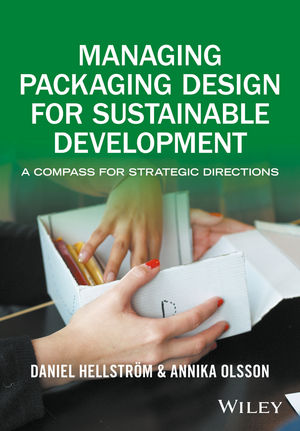New FPA President and CEO, Alison Keane, Esq. took the stage at the recent FPA Annual Meeting to discuss FPA’s Advocacy Program.
There are potential threats facing the flexible packaging industry, she said. In California, there is a goal of 75% recycling, composting or source reduction of solid waste by 2020. Rhode Island recently introduced a House Bill to reduce marine debris and preserve landfill space while increasing the recycling of post-consumer packaging material. Connecticut has a solid waste diversion goal of 60% by 2024. These are, however, also opportunities.
While there are threats facing the industry, there’s good news as well. Flexible packaging protects products and reduces food waste and returned goods. It requires less energy to manufacture and store; it’s more efficient to transport; and it generates less GHG emissions. In addition, there are already end-of-life management solutions that exist.
FPA’s Advocacy Program will focus on promoting the positive attributes of flexible packaging. In 2016, FPA contracted Serlin Haley and 451 Marketing to help with FPA’s advocacy efforts. Serlin Haley represented FPA at the National Conference of State Legislators and the Council of State Governments. Both Serlin Haley and 451 Marketing helped facilitate six legislator facility visits with FPA members, developed a press kit, and created the Flexible Packaging Industry Overview, which provides a brief overview of the industry.
Communication will be a significant tool for the Advocacy Program. FPA will continue to promote the industry to legislators and policy makers by creating industry fact sheets, developing syndicated content and exhibiting at conferences geared towards legislators and policy makers. Expansion of social media is another goal, along with the development of a specialized consumer education web page, developing industry videos, and conducting a satellite media tour.
In the coming years, as the FPA Advocacy Program continues to grow, FPA plans to expand the state advocacy plan to individual states where the industry is located and where there are potential threats. There will be lobbyists in each individual state to monitor and respond to any threats that may arise. FPA will hold regional member meetings to discuss state/regional specific issues and help recruit new members. An Advocacy Committee will be created to review legislation and regulations, and recommend appropriate actions. A Federal Advocacy Program will also be created, which will establish FPA and its members as a resource for Congressional members and their staff. The Federal program will help advance the flexible packaging industry’s profile and agenda in Congress. FPA will also plan to incorporate its regulatory affairs and state affairs advocacy into the Federal effort, and potentially create a Political Action Committee.
For More Information
FPA members can view the presentation at www.flexpack.org by clicking on “Download Presentations from the FPA 2017 Annual Meeting” in the Spotlight section on the homepage.










